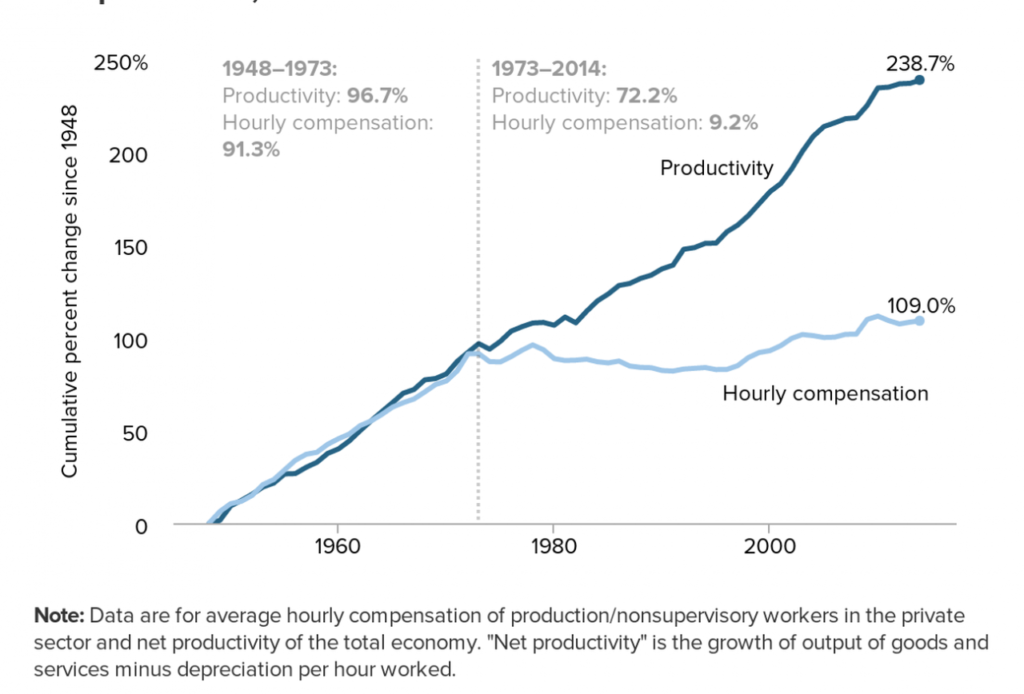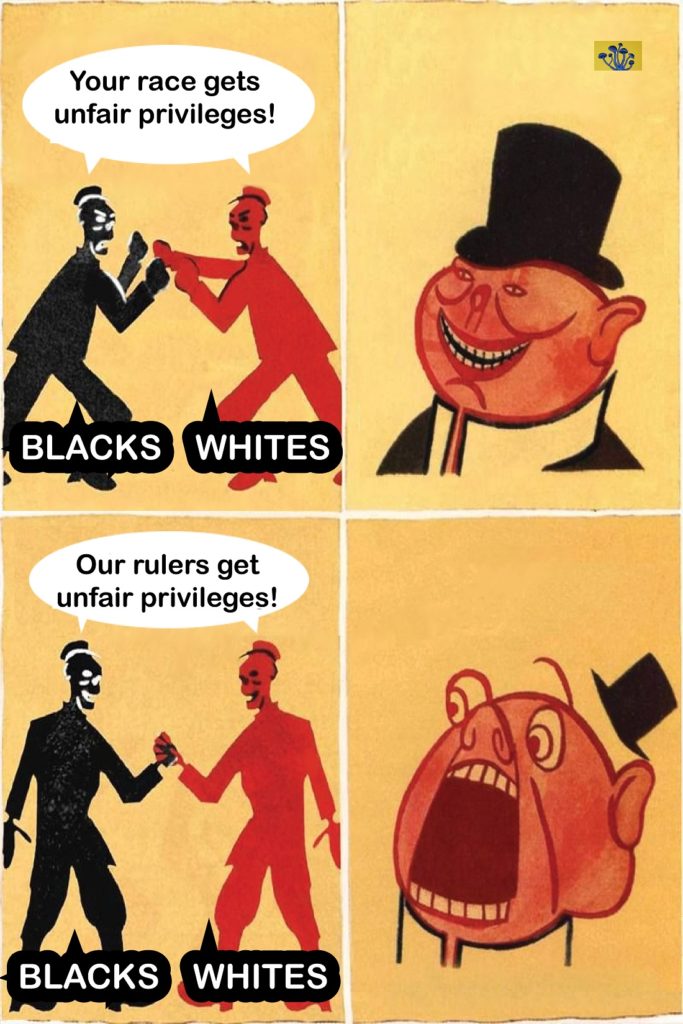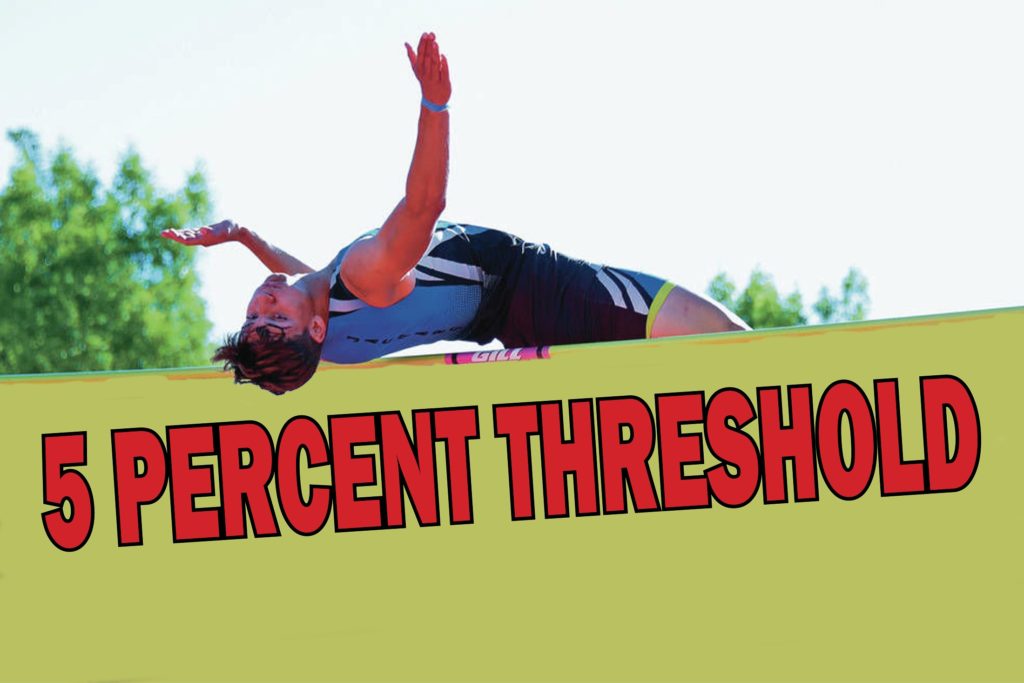
Unlike most of the other terms in this book, ‘cancel culture’ does not have an easily discerned meaning. It refers to a very specific mentality that is mostly found in a very specific sort of person, both of which are becoming much more common nowadays. Understanding it is necessary if one wishes to understand Clown World and where it’s headed.
It’s not currently feasible, in the current political environment, to physically exterminate one’s enemies. There are laws against that sort of thing. Therefore, the way to destroy them is to silence them.
In the old days, tyrannical kings would cut the tongues out of anyone they did not wish to speak. That’s no longer feasible either, but the sentiment motivating it can still find expression. Today, silencing people is still a matter of denying their ability to speak, but in an age of mass media it’s about denying them access to speaking platforms.
Cancel culture refers to a certain mentality where a person tries to silence anyone who they do not wish to speak. This means to get them banned from any media where they might have the chance to express themselves – a process known as ‘deplatforming’. This isn’t really a new thing, as examples of it have existed ever since the New Left came to prominence in the 60s and 70s.
One of the first victims was psychologist Hans Eysenck, who upset the Left with his research into the average IQ scores of different races. As discussed at length in a recent paper in the Personality and Individual Differences Journal, arguing in favour of human biodiversity is highly likely to aggravate the numerous fanatics who adhere to the Equalitarian Dogma.
These fanatics made a strong effort to cancel Eysenck on account of his statements that most of the differences in IQ between different races can be explained by genetic differences, and that this evolutionary explanation is much more powerful than the environmentalist explanation. Eysenck was punched in the face, had his family threatened with death and had numerous speaking arrangements cancelled by leftist agitators.
50 years later, cancel culture is as strong as ever. Jordan Peterson ran afoul of it when he refused to accept the far-leftist dogma about transgenders. Lauren Southern and Stefan Molyneux ran afoul of it when they wanted to speak about the science of human biodiversity in Auckland. Even VJM Publishing upset the shrieking loonies when we sold ‘It’s Okay To Be White’ t-shirts on TradeMe.
Cancel culture, then, is how the Left does violence in lieu of being able to use actual violence. The irony is that, despite constantly crying about how words are violence and that causing offence ought to be prison-worthy, it is the Left themselves who are most willing to aggressively interfere with other people’s right to free assembly and free speech.
The logic is that, if people promoting unwanted ideologies were allowed to speak in public or to hold gatherings, they would convert or at least invigorate a nonzero number of people. That someone could argue against them doesn’t matter – today’s Left affords no value at all to human reason. Merely speaking is enough to convince people in their minds.
Therefore, allowing the enemy to speak is tantamount to allowing the enemy to gain strength. If the enemy is gathering their forces, better to smash them now lest they become stronger in the future, as per Machiavelli’s maxim. Cancel culture is a form of ideological warfare, in which wrongthinkers are smashed and persecuted to the fullest legal extent possible.
Support for cancel culture is closely intertwined with an individual’s support for authoritarianism. Authoritarians don’t see anything wrong in taking away other people’s rights to express themselves, because they don’t consider other people to be full human beings. In Clown World, anyone who thinks incorrectly is a subhuman, and subhumans don’t have rights.
The problem is that people who are prevented from speaking rapidly turn to violence. John F Kennedy said “Those who make peaceful revolution impossible make violent revolution inevitable,” and history is replete with examples. What the cancellers don’t understand is that those cancelled don’t feel admonished or chastised – they feel enraged. This rage is easy to justify, considering that their human rights have been violated.
Cancel culture, with its egregious unreasonableness, empowers the far-right and feeds directly into their narratives about totalitarian censorship. Shutting down a person for speaking, when the right to speak is specifically protected by human rights legislation, is precisely the kind of action that makes conspiracy theories about Communist takeovers seem realistic.
Clown World promises to become ever more vicious, ruthless and insane as phenomena like cancel culture spread. It’s become so bad in some places that it’s every bit the persecution hysteria that lead to witchcraft trials. People all over the West are losing their livelihoods just for uttering opinions that contradict the bloodthirsty mob. Cancel culture may end up cancelling liberty.
*
This article is an excerpt from Clown World Chronicles, a book about the insanity of life in the post-Industrial West. This is being compiled by Vince McLeod for an expected release in the middle of 2020.
*
If you would like to support our work in other ways, please consider subscribing to our SubscribeStar fund. Even better, buy any one of our books!



